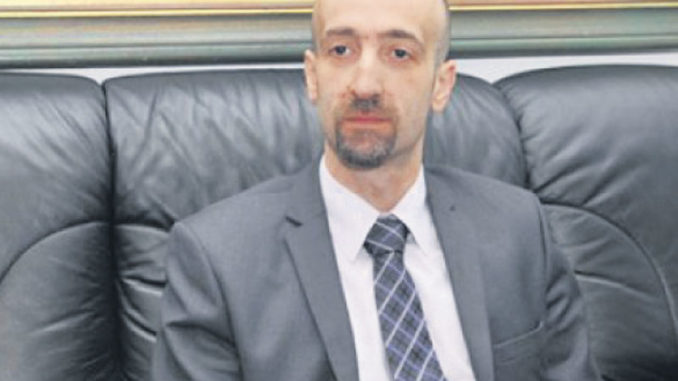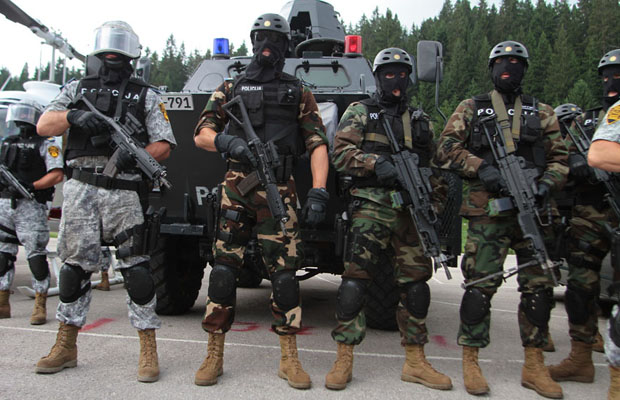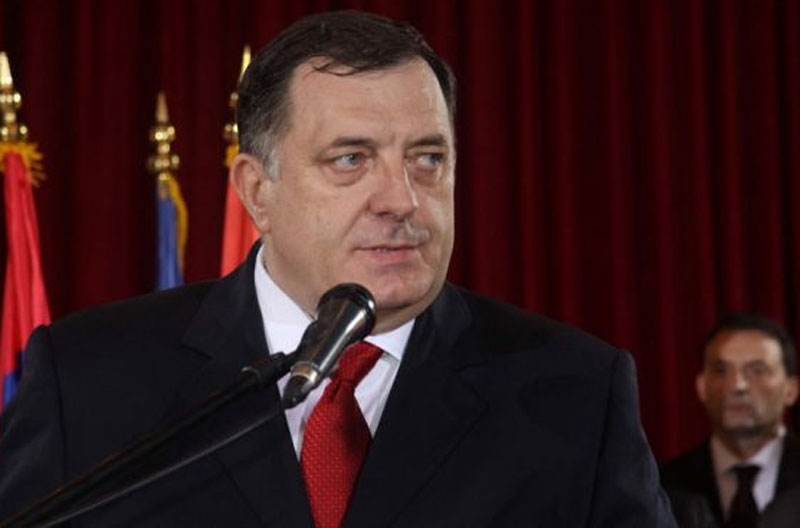
Istocno Sarajevo – The BiH Minister of Foreign Trade and Economic Relations, Boris Tucic, says that progress was made in foreign trade, warning that some subjects in the FBiH, for political or other reasons, are trying to halt certain projects in their starting phase.
“The foreign trade last year amounted to just over KM 23.5 billion, which is almost 2% more than in 2012,” Tucic says in an interview for SRNA.
Imports fell 0.55% last year, while exports increased 6.64%, which led to a fall in the foreign trade deficit of 8.18%. The export/import ratio was 55.24%, which is 3.72% more than in 2012.
The EU is still the most important foreign trade partner of BiH, and trade with the EU amounts to 64.68% of total foreign trade, followed by CEFTA 2006 member states at 12.80%, while the trade with the other countries, among which the most important is the Russian Federation, amounts to 22.31%.
BiH has a trade surplus with Austria. It almost equalised exports with imports when it comes to some other states, such as Slovenia, and it significantly improved the export/import ratio with some other states.
When it comes to the law on protection of domestic production, Tucic says that the major portion of BiH’s foreign trade is being realised within the framework of the Interim Agreement, that is, the Stabilisation and Association Agreement, the CEFTA 2006 Agreement, and the Agreement on Accession to EFTA, which is in the process of ratification.
He warns that in all agreements, someone, on behalf of BiH, assumed various obligations, particularly sensitive being those pertaining to the dynamic of the liberalisation of mutual trade.
“The basic problem is in the fact that institutions at the BiH level, tasked with various aspects of foreign trade, in the previous period did not take care of all the implications of the opening of the BiH market for the real sector and domestic producers.
This created an imbalance; we are “swamped” with imported goods and with competition with which BiH producers can hardly deal,” Tucic said.
He says that “one should not neglect a number of other problems in the BiH institutions, which to a great extent sap the strength of the serious efforts at the Entity level to improve the situation, particularly by the Republika Srpska Cabinet in agriculture.”
The BiH Minister of Foreign Trade and Economic Relations says that his Ministry is a “link in the chain” of institutions involved in the trade in arms, military equipment, or dual-use products.
“It is important to say that the Ministry reviews approvals for trade in these products only after it gets the approval from a number of other institutions, including the Foreign Ministry, the Ministry of Security, the Security-Intelligence Agency…” Tucic says.
He says the defence industry was a very important segment in the former Yugoslavia, that it has a certain importance even today in BiH, and that foreign trade in these products is clearly defined by laws.
If there is information of some other, illegal, foreign trade in these products, Tucic says, the relevant bodies should thoroughly investigate them, and punish those responsible.
Tucic told SRNA that BiH is, formally, in the concluding phase of its accession to the World Trade Organisation; several issues remain which need to be resolved in bilateral talks. However, events in connection with the Ukraine partially and temporarily prolonged BiH’s accession to the WTO.
“The fact is that certain subjects in the FBiH, for political or some other reasons, are trying to halt certain projects in their starting phase. If some are trying to hamper a major project such as Southern Stream only because Srpska is interested in it, then the fears that such behaviour leads nowhere are justified,” Tucic says.
He feels that there is no stalemate when it comes to the influx of direct foreign investments in BiH, stressing that it is enough to see the more than serious investments by the Russian Federation in Republika Srpska in the energy sector, but also in some other sectors.
Tucic concludes that everyone in BiH should, in keeping with their competencies, expend efforts to ensure the best fiscal, infrastructural and other preconditions for the influx of foreign investments, and demonstrate more mutual tolerance and understanding.(SRNA)



